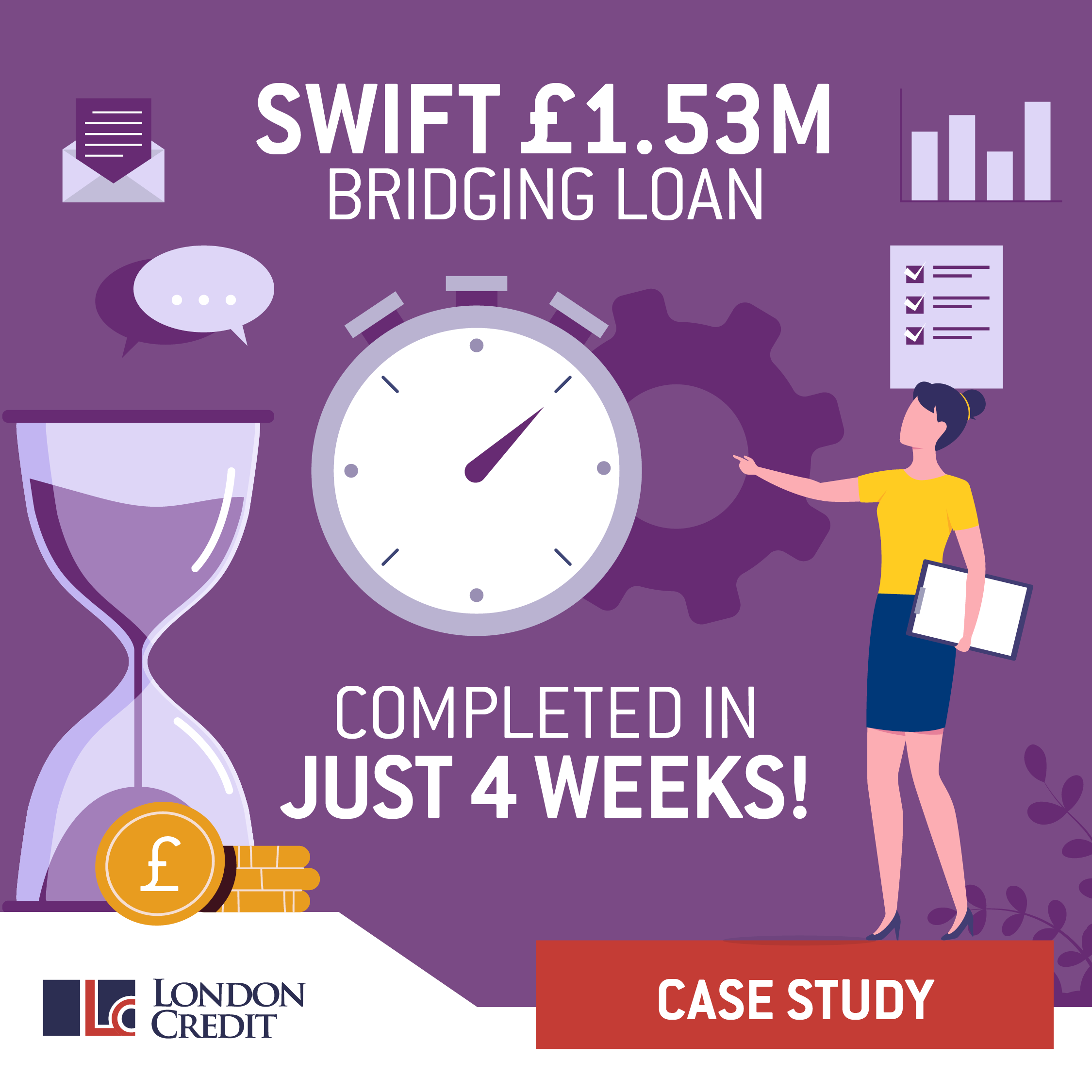The power of the development exit bridging loan
Property development is, like every sector in the UK today, facing an enormous number of challenges. While many of these are unique to the sector, two of the most powerful play out at the highest level.
The macro outlook.
The first of these is inflation, which is pushing up the cost of development materials and labour. Going hand-in-hand with this are higher interest rates. This of course makes it much more expensive to borrow money to fund projects, and buyers who find themselves affected by the cost-of-living crisis have far less capacity to save for a housing deposit than they did just a couple of years ago.
The UK is also battling broader economic uncertainty. The most recent Bank of England move – on 21 September - was to pause interest rates hikes. Packed within a timespan of just a week before this, signals from the central bank moved from this eventual pause to a likely increase of 25 basis points.
There are two sides to every coin, however. A fast-moving economic picture means new opportunities arise at every moment, ideal for nimble developers. One of the bigger of these is in affordable housing. First-time buyers and homeowners with growing families are severely underserved by the UK housing market, and have been for many years. Developers who can move into this sector will have no problem selling units.
And in the non-residential space, the Rics Commercial Property Survey for Q2 2023 might have contained gloomy news for secondary office space and retail demand, but sentiment towards prime industry property fared much better, alongside prime office space. The report also noted a lack of supply for distribution warehousing. These can be complicated areas to move into, but they offer plenty of reward for developers in terms of high rental levels.
The role of bridging
The challenges outlined above manifest in a very serious way for property developers – a slowing down in sales. This is of course a major problem in and of itself, but its impact is ratcheted up if a developer wishes to sell near-complete units quickly in order to move into the opportunities opening up as the market changes.
Investors might also find themselves in a position where funds they expected to tap for the finishing touches to a property development are suddenly unavailable due to the unpredictable economy, slowing down their timelines.
A development exit bridging loan is an ideal tool for solving this problem. This allows developers to refinance projects with a short-term loan with no amortization and no early repayment charges.
This offers numerous benefits, with one of the biggest being that a developer can give themselves more time to find the right buyer without having to worry about expensive repayments. They might also use the loan to complete any necessary minor work to projects, or even use a development exit product to release equity from a project in order to fund brand new work.
Exit development loans have been designed to suit the market they serve from the ground up. This means they are quick to arrange, flexible in their structure, and interest can be rolled up to help with cashflow.
In short, this type of product allows developers to get the most out of their investments. In an economy as unsettled and choppy as the one we find ourselves in today, we can think of no tool more practical or useful for the clients and brokers we talk to every day.
Marios Theophanous, Credit Manager at London Credit




